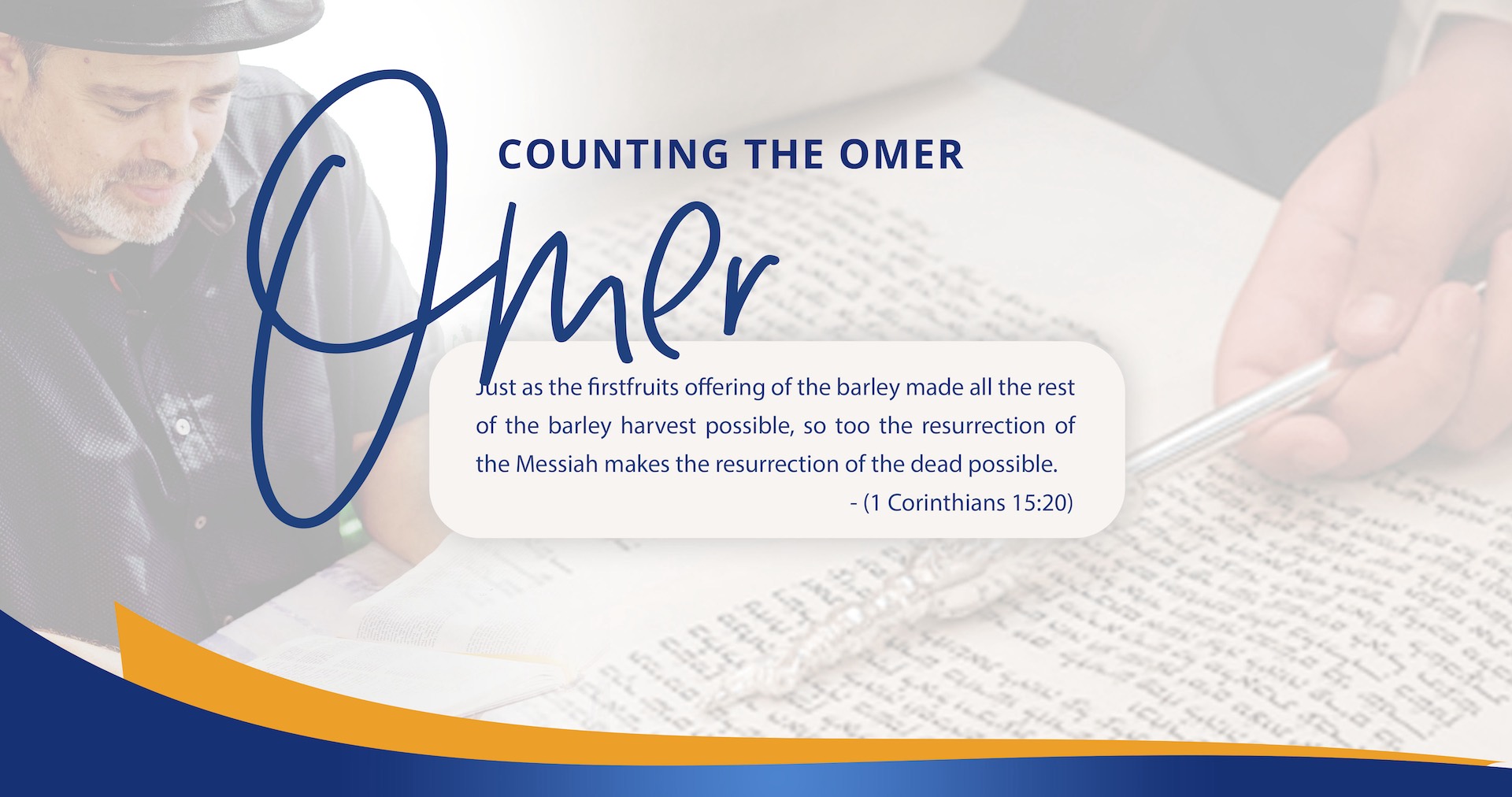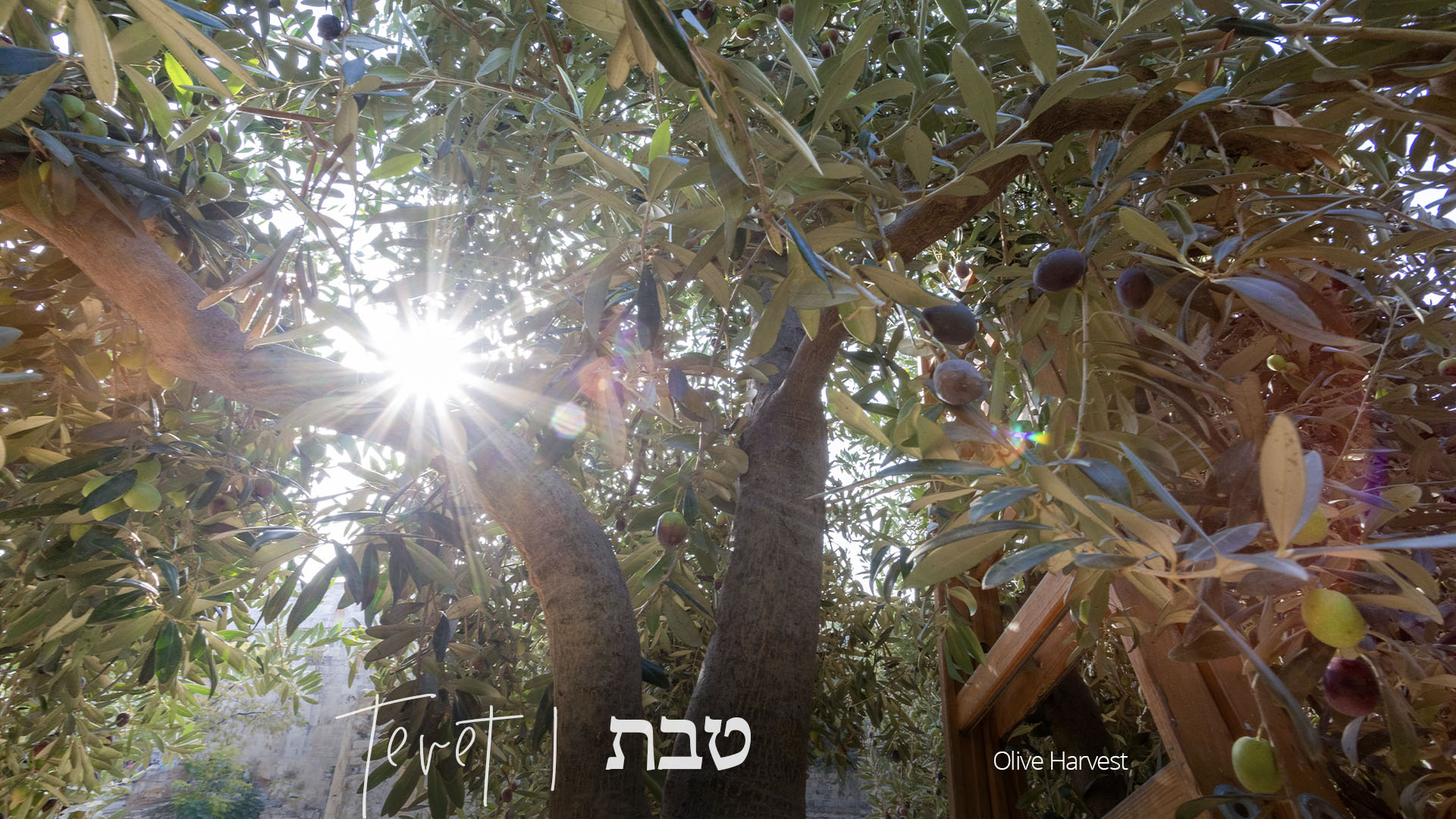
2 Kings 25 tells us Nebuchadnezzar began Babylon’s siege of Jerusalem on the 10th day of Tevet (a fast day known as Asarah B’Tevet). Ironically, the Jewish people adopted the name “Tevet” during the Babylonian exile. It is believed to connote “sinking” or “immersing.”
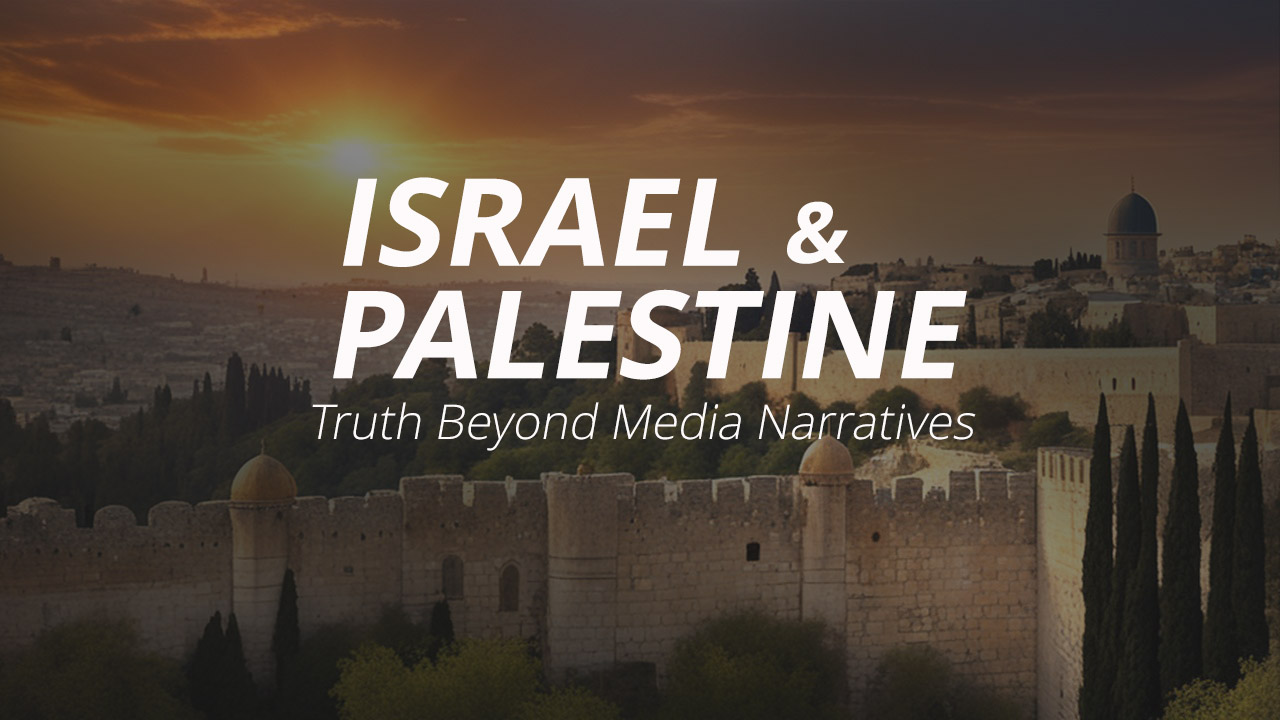
In light of the events of October 7th, the term “Palestine” has featured prominently in news headlines and personal conversations. There is a lot of passion surrounding this subject, so let’s take a closer look at “Palestine” and what it represents.
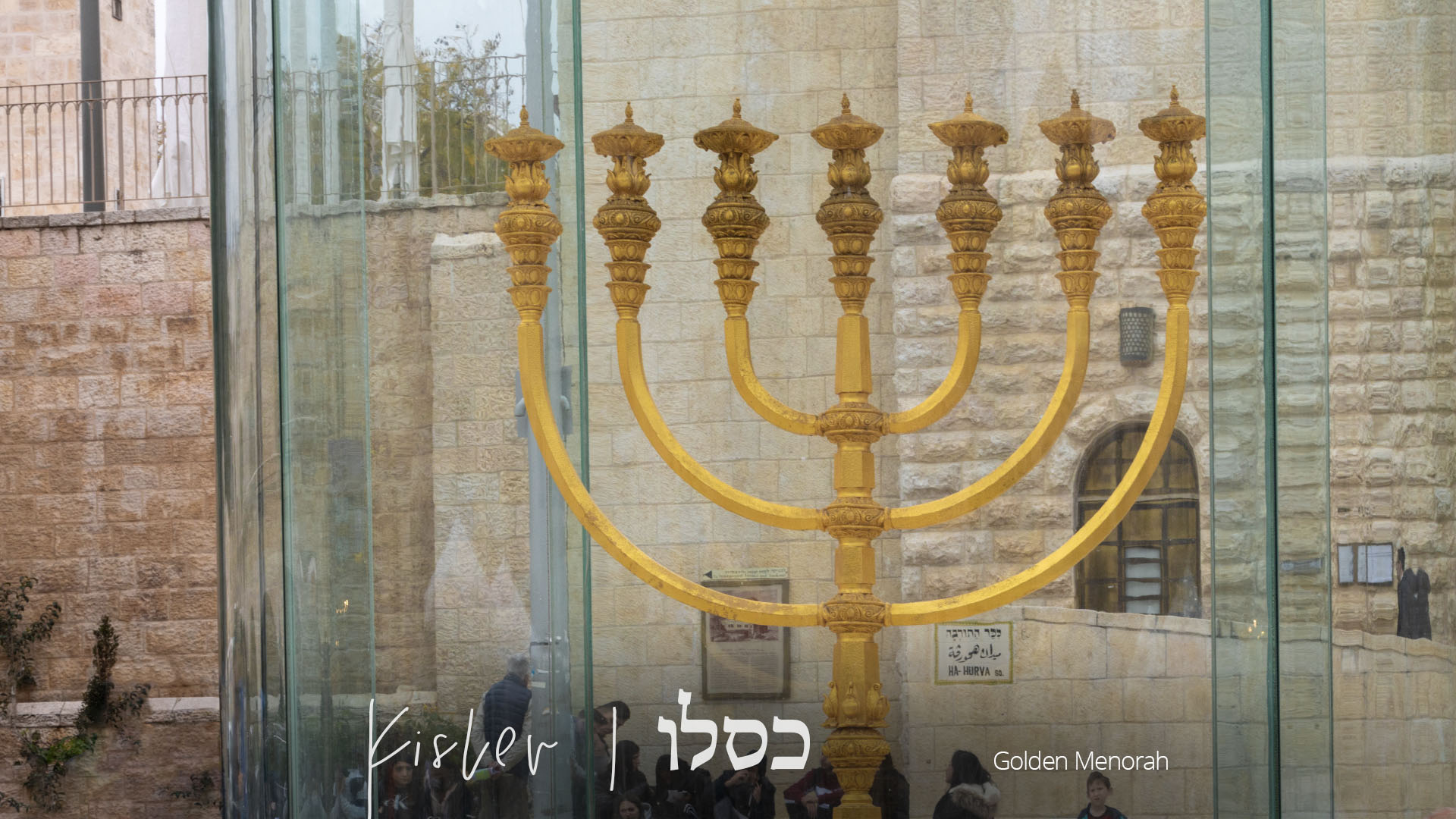
Kislev is often playfully re-written as Kis-Lev (Purse of the Heart). Kislev is a time to examine what is in our hearts. It’s also time to fill them with reminders of the goodness of God. These concepts are most evident during the holiday that falls during this month: Chanukah, the Festival of Lights.
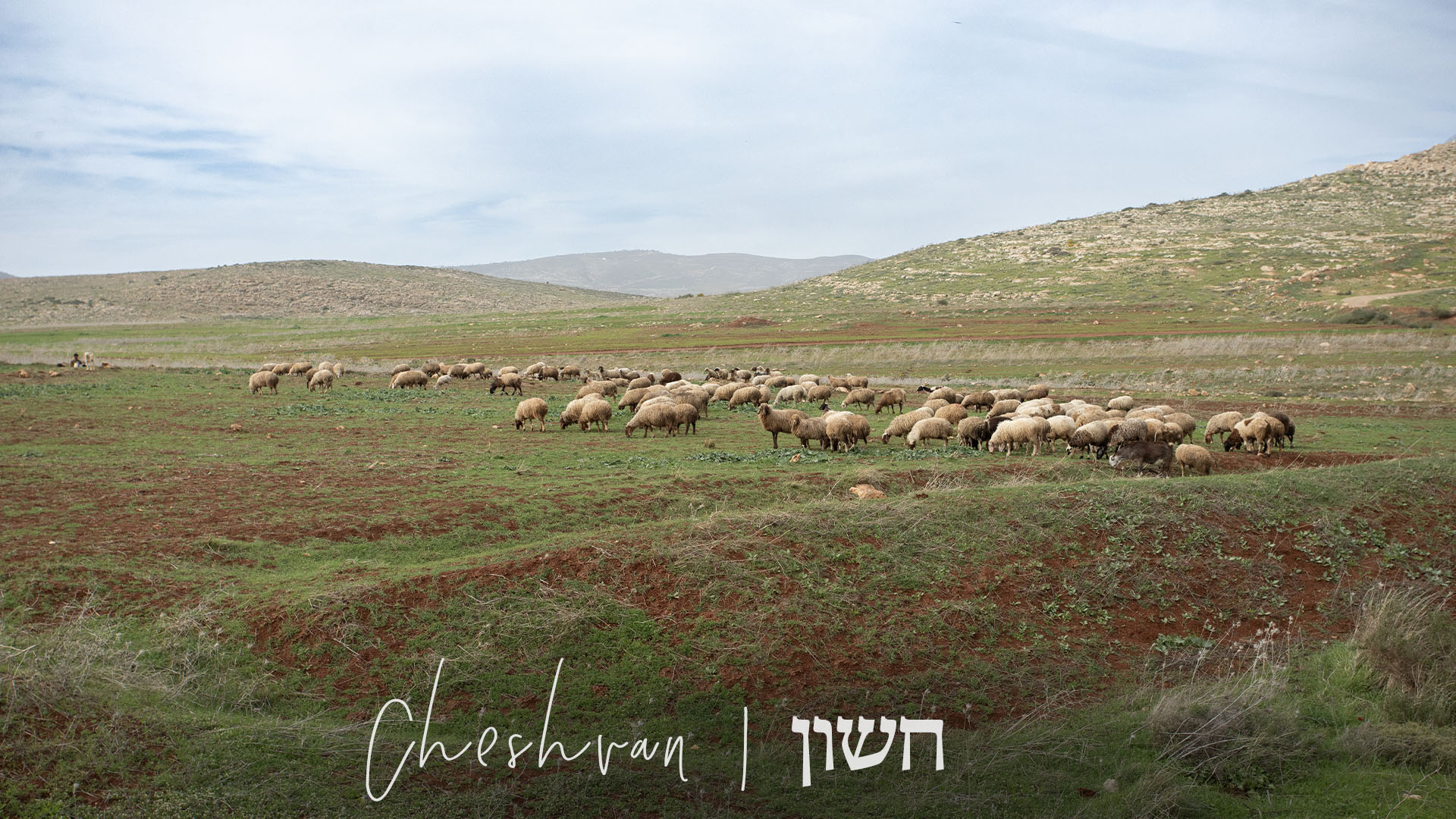
Cheshvan is a month of no holidays and arrives on the heels of the month with the most holidays. In Jewish tradition, this is a solemn time of reflection in case one was excessively frivolous during the holiday season. Therefore, the first Monday, Thursday, and the second Monday after the Sabbath are commonly days of fasting from sunrise to sunset.
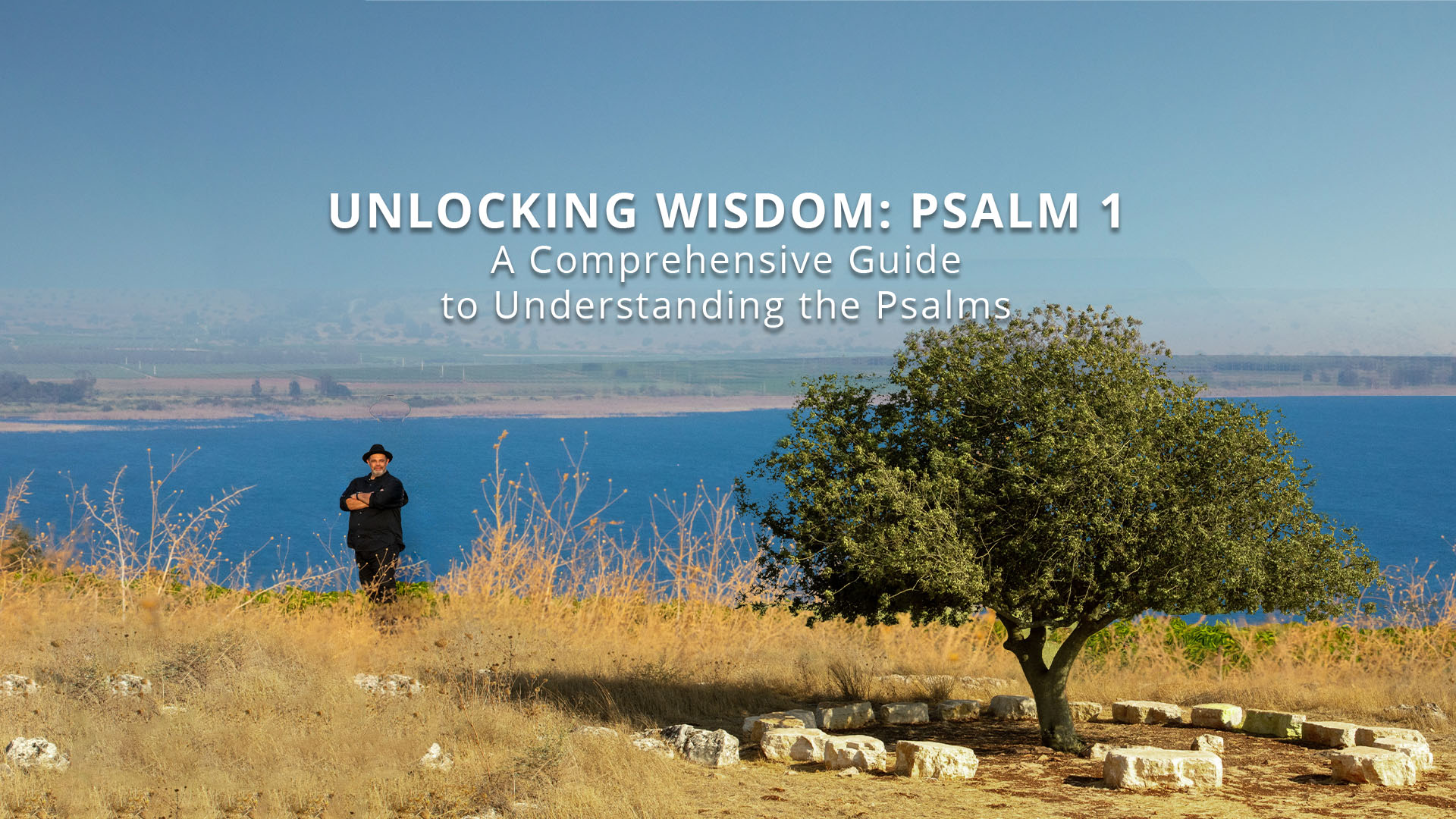
What is the point of the Psalms? How should we read the Psalms? There is probably no better way to start a study of the Psalms than by going to the beginning. Psalm 1 is a revelation of wisdom and godly insight that helps us make sense of all the Psalms following it.
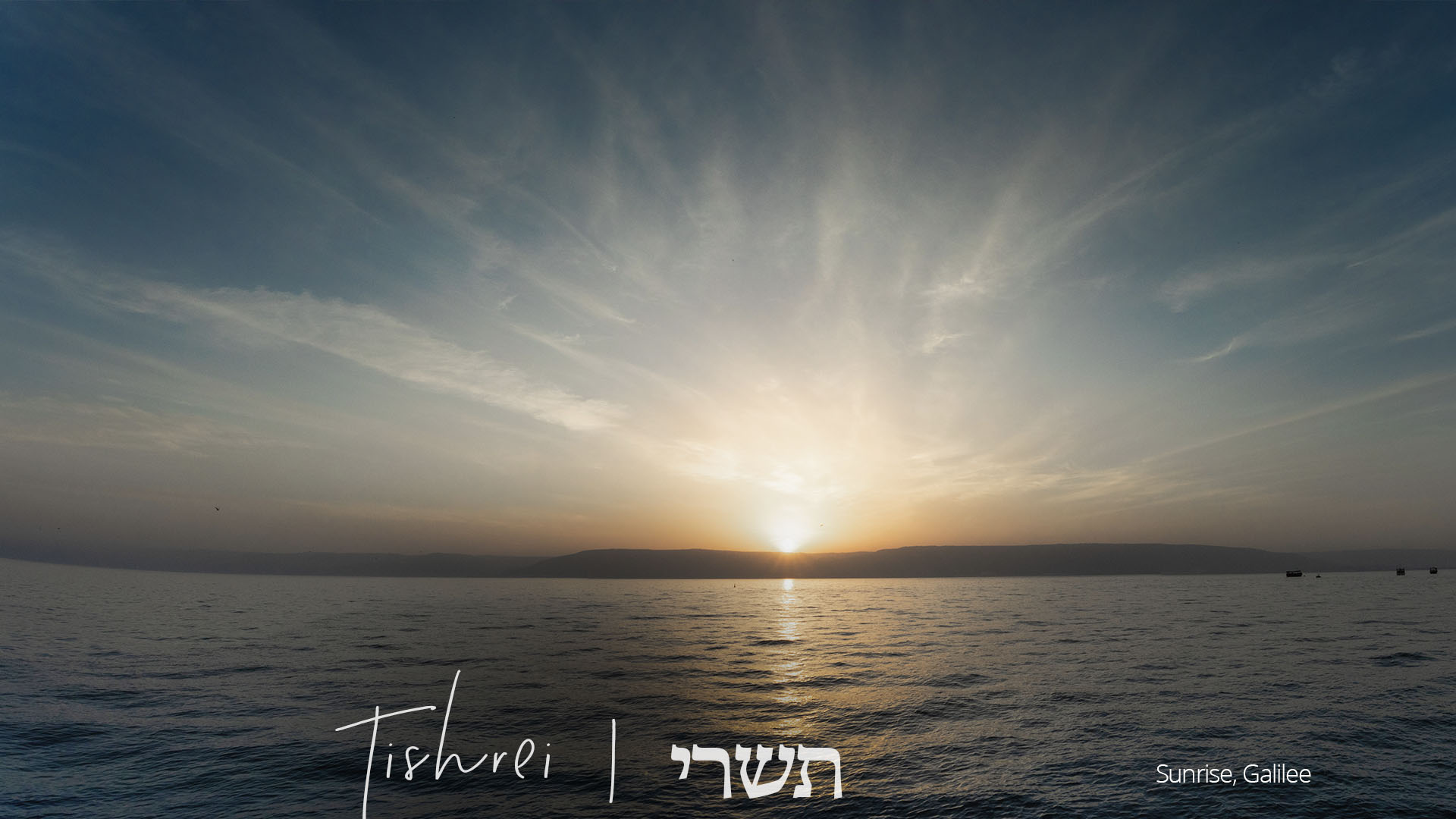
God renews creation. Tishrei’s festivals all focus on the person praying, waiting, and relying upon the Lord. Consequently, this month’s other name (Ethanim meaning “strong”) makes perfect sense, as “they who wait for Adonai will renew their strength” (Isaiah 40:31).

Each day of the month of Elul (except for Shabbat and the last day of Elul), the Jewish people sound the shofar (ram’s horn) as a call to repentance. The Jewish people teach that the “King is in the Field” during Elul—God is readily accessible, willing to hear our requests and listen to our fervent prayers for the coming new year.
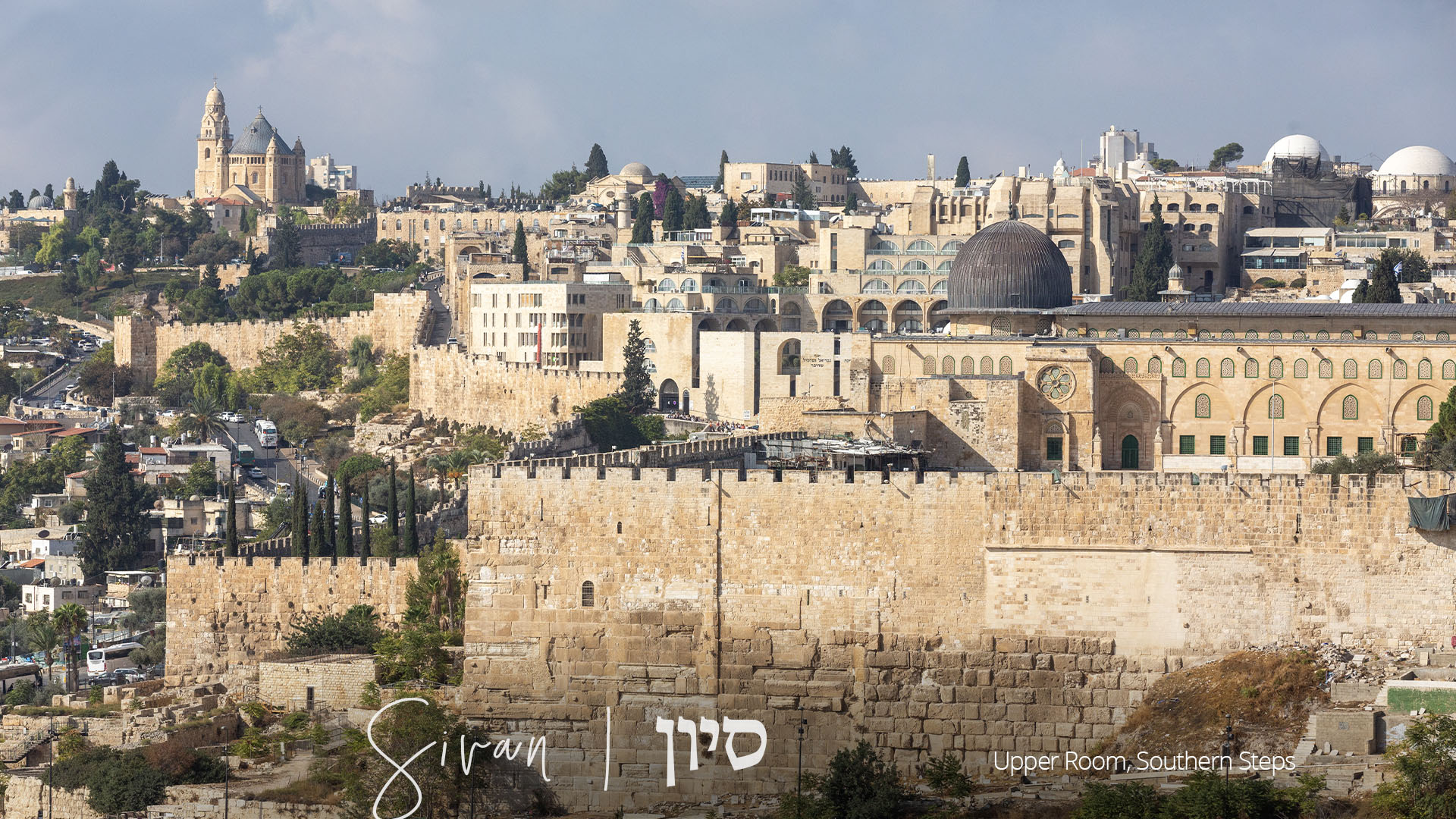
Although Iyar does not contain many “special days,” every single day of the month is included in the Counting of the Omer. This month is a period of introspection and self-refinement, as we prepare ourselves to receive the Torah and the Spirit anew on Pentecost. Each day of Iyar represents another step in this spiritual journey toward Mount Sinai.
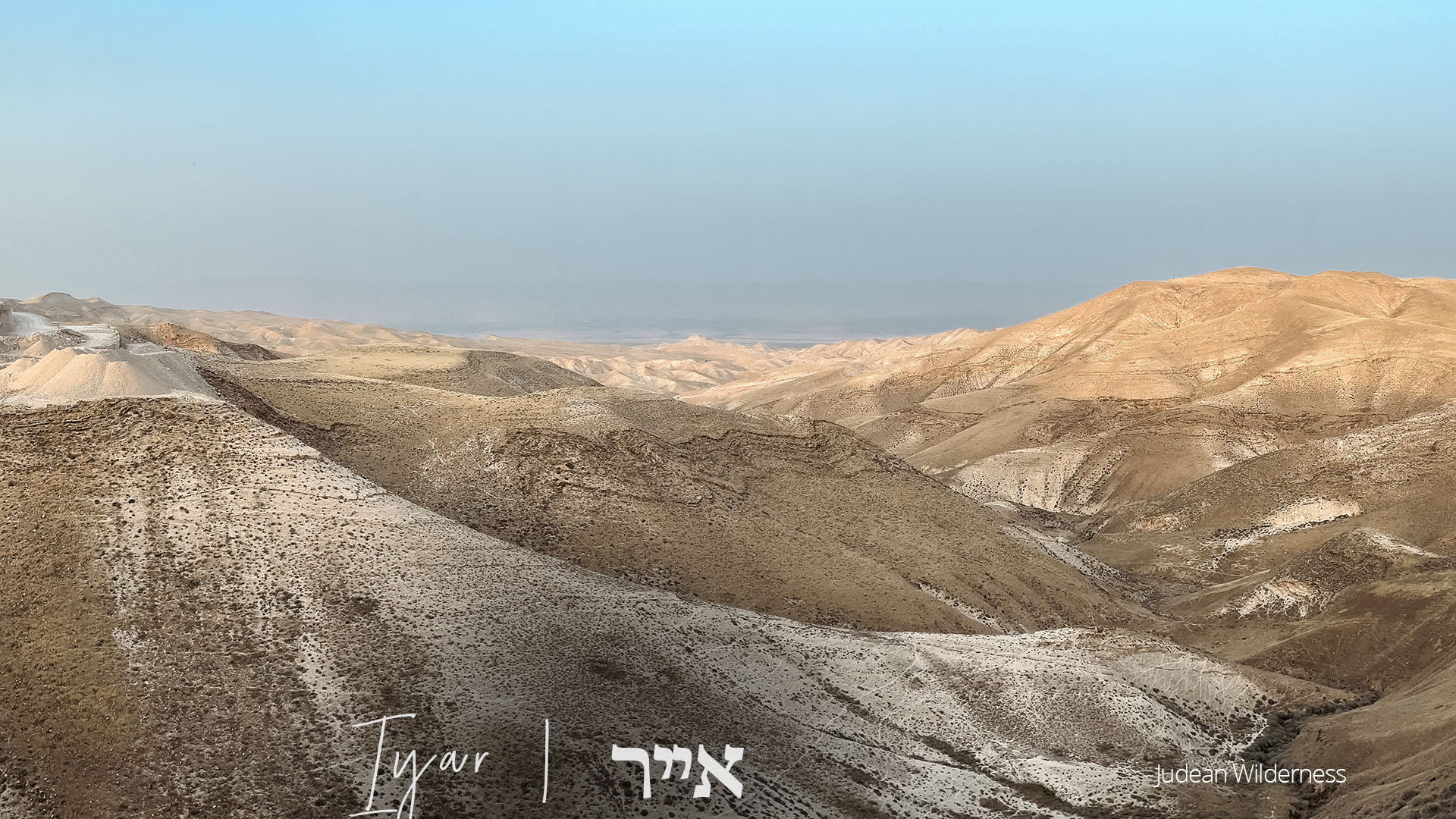
Although Iyar does not contain many “special days,” every single day of the month is included in the Counting of the Omer. This month is a period of introspection and self-refinement, as we prepare ourselves to receive the Torah and the Spirit anew on Pentecost. Each day of Iyar represents another step in this spiritual journey toward Mount Sinai.
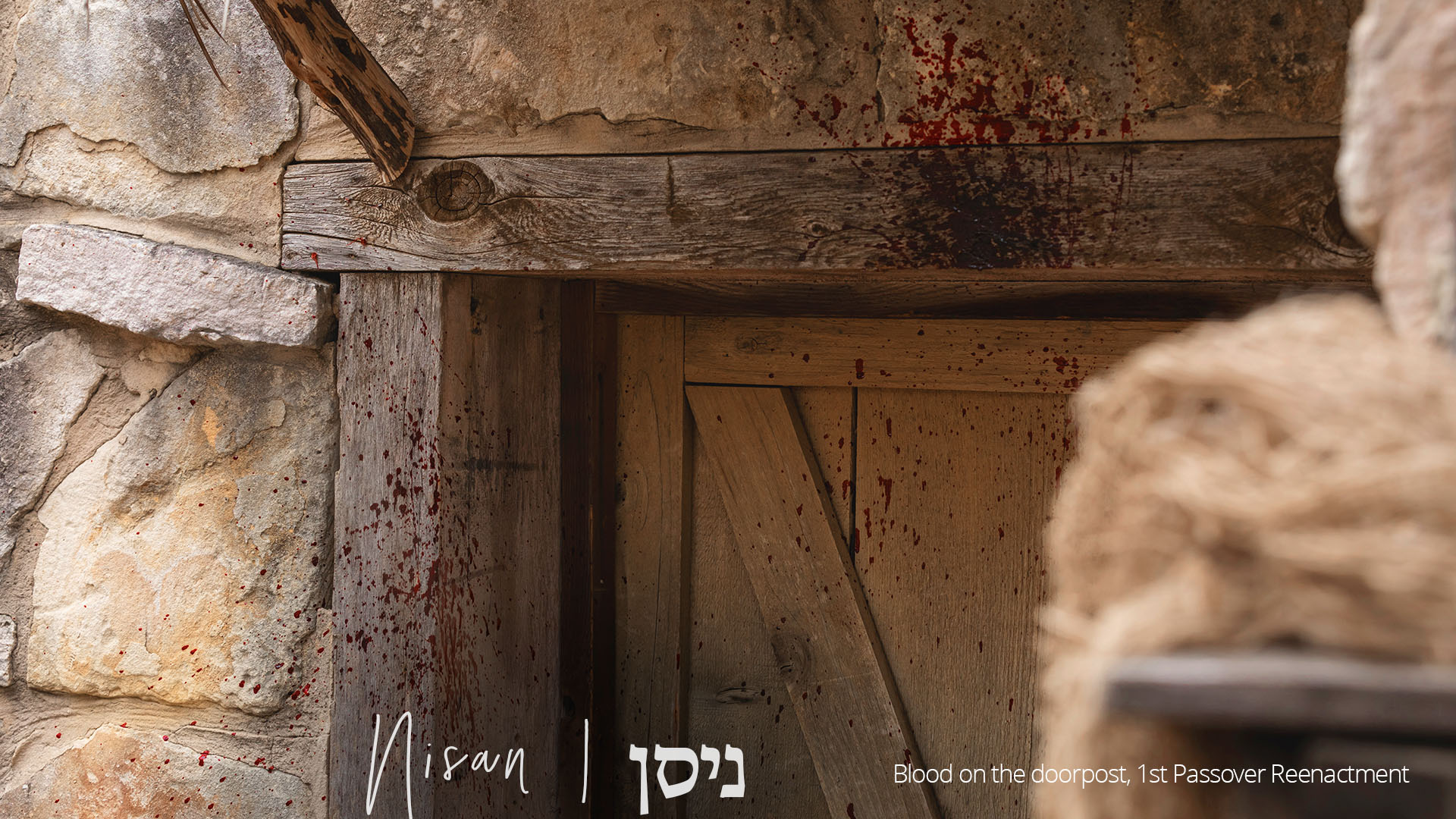
It is in this month that we celebrate the eight-day holiday of Passover, from the 15th through the 22nd of Nisan. It commemorates the Jewish people’s miraculous redemption from slavery in Egypt, and the birth of the Jewish nation.












